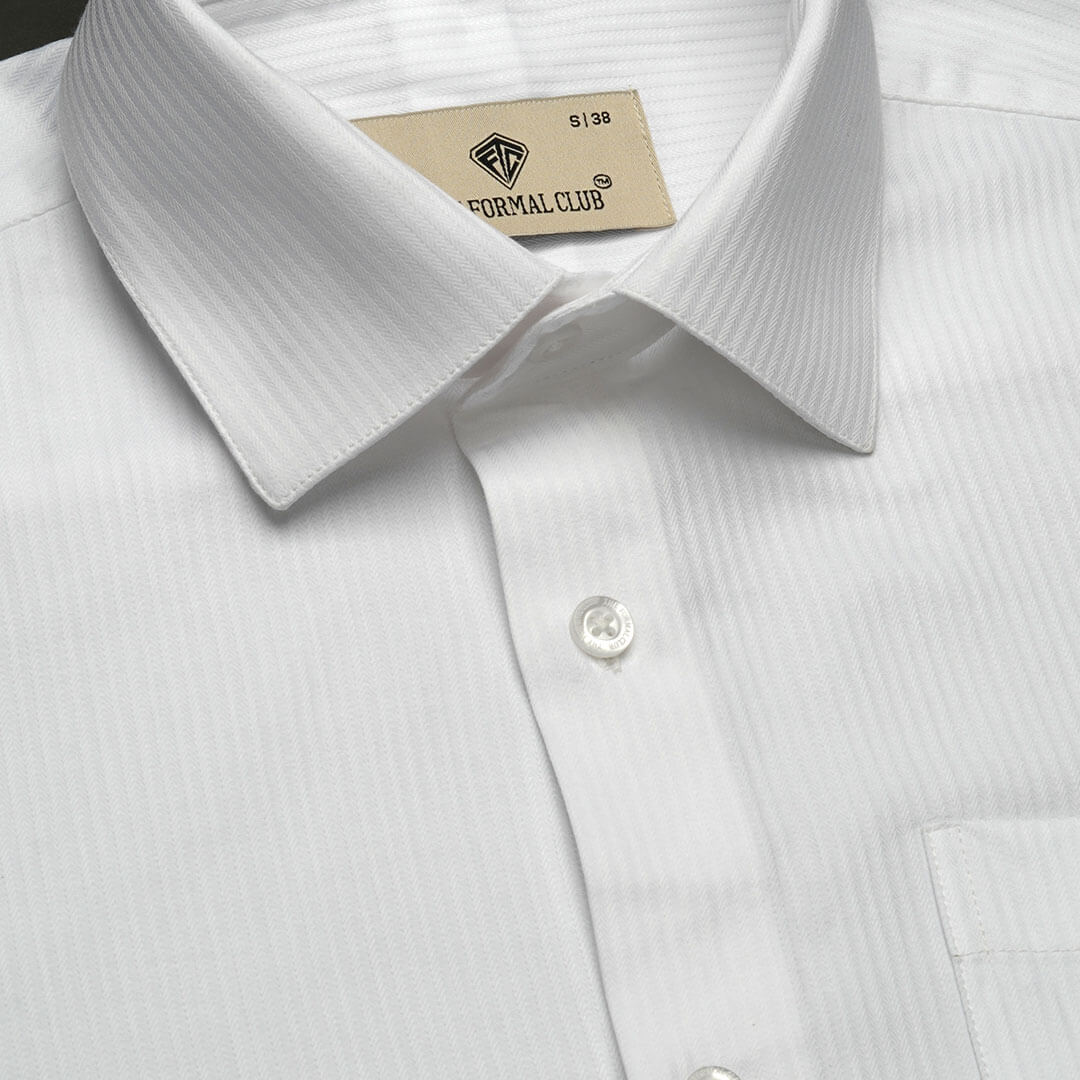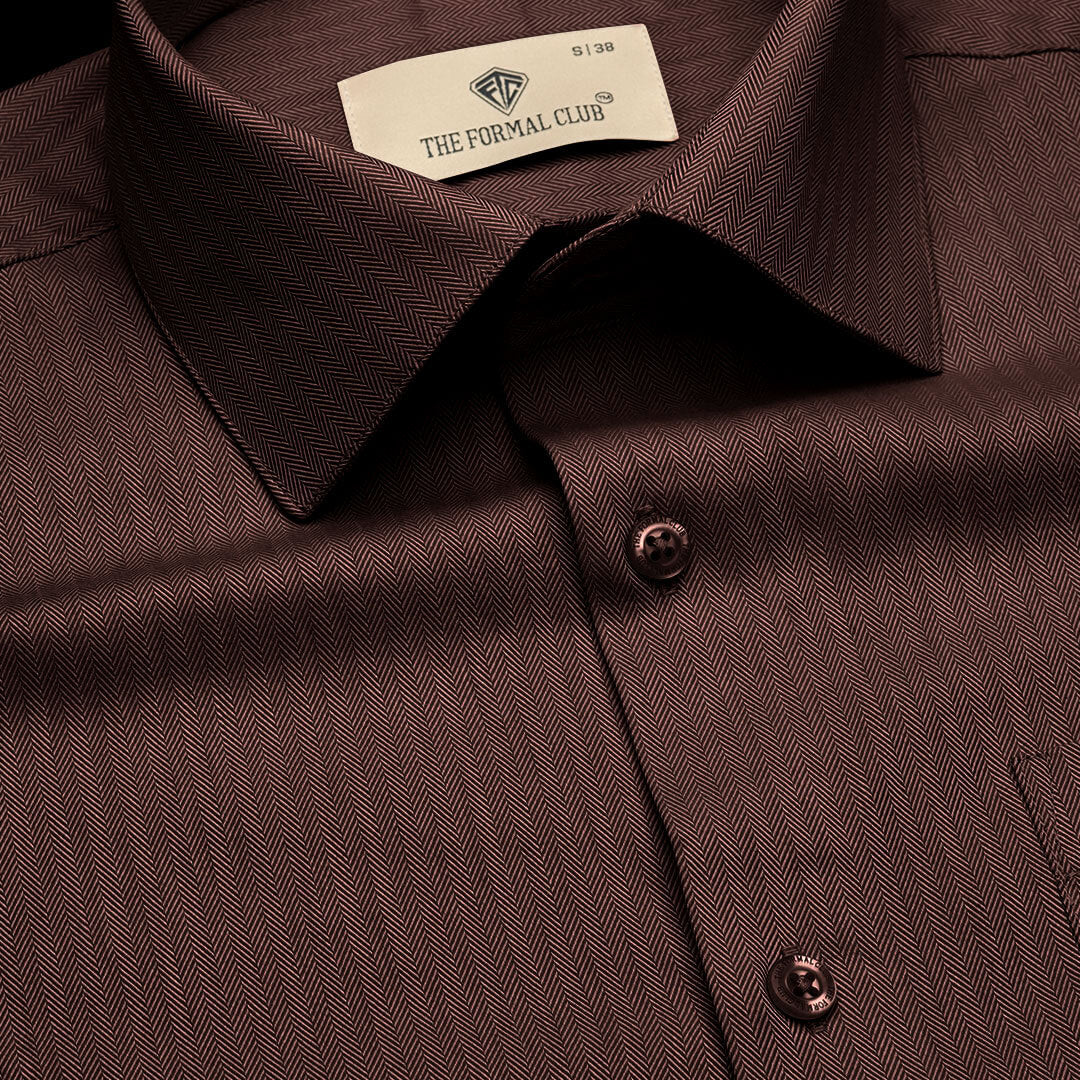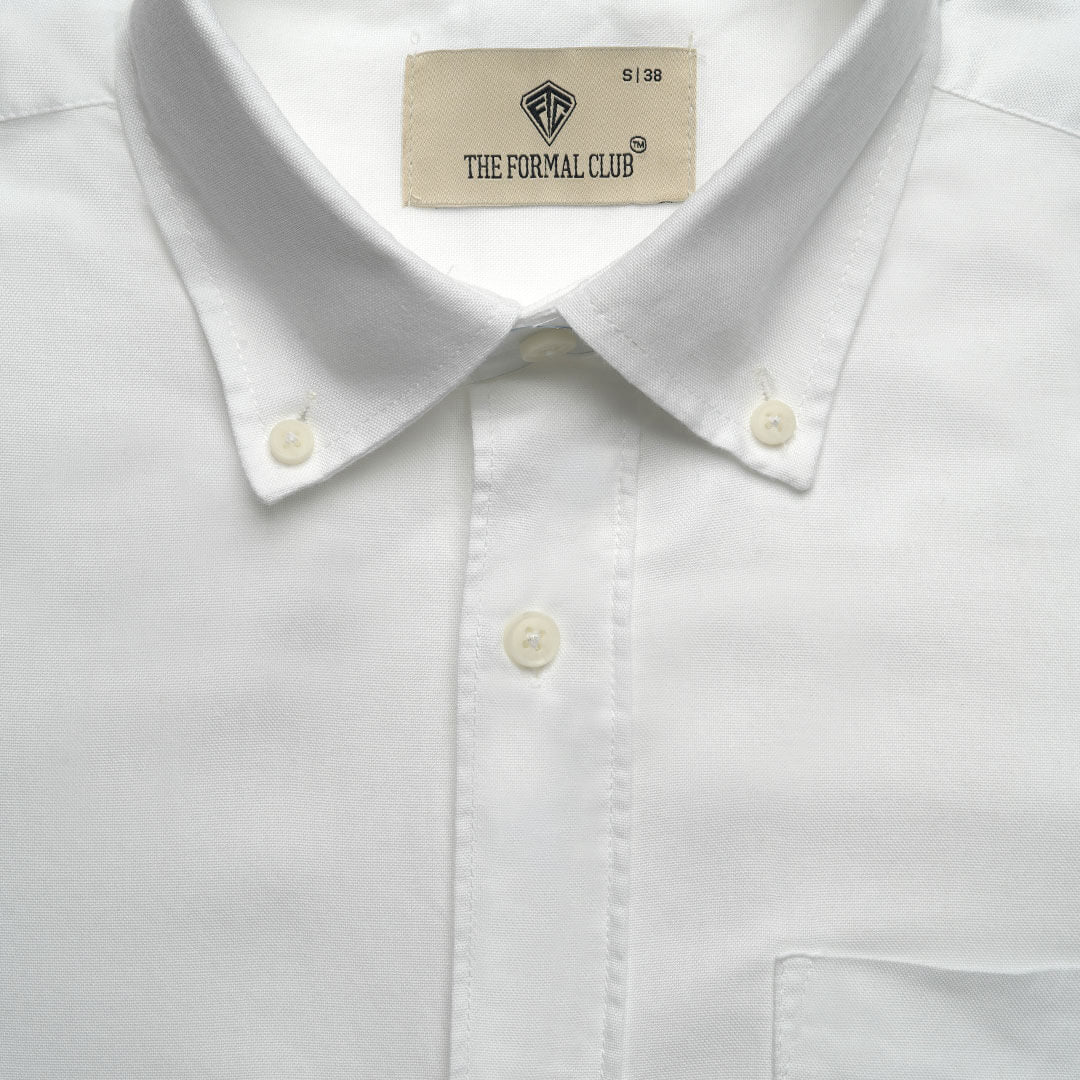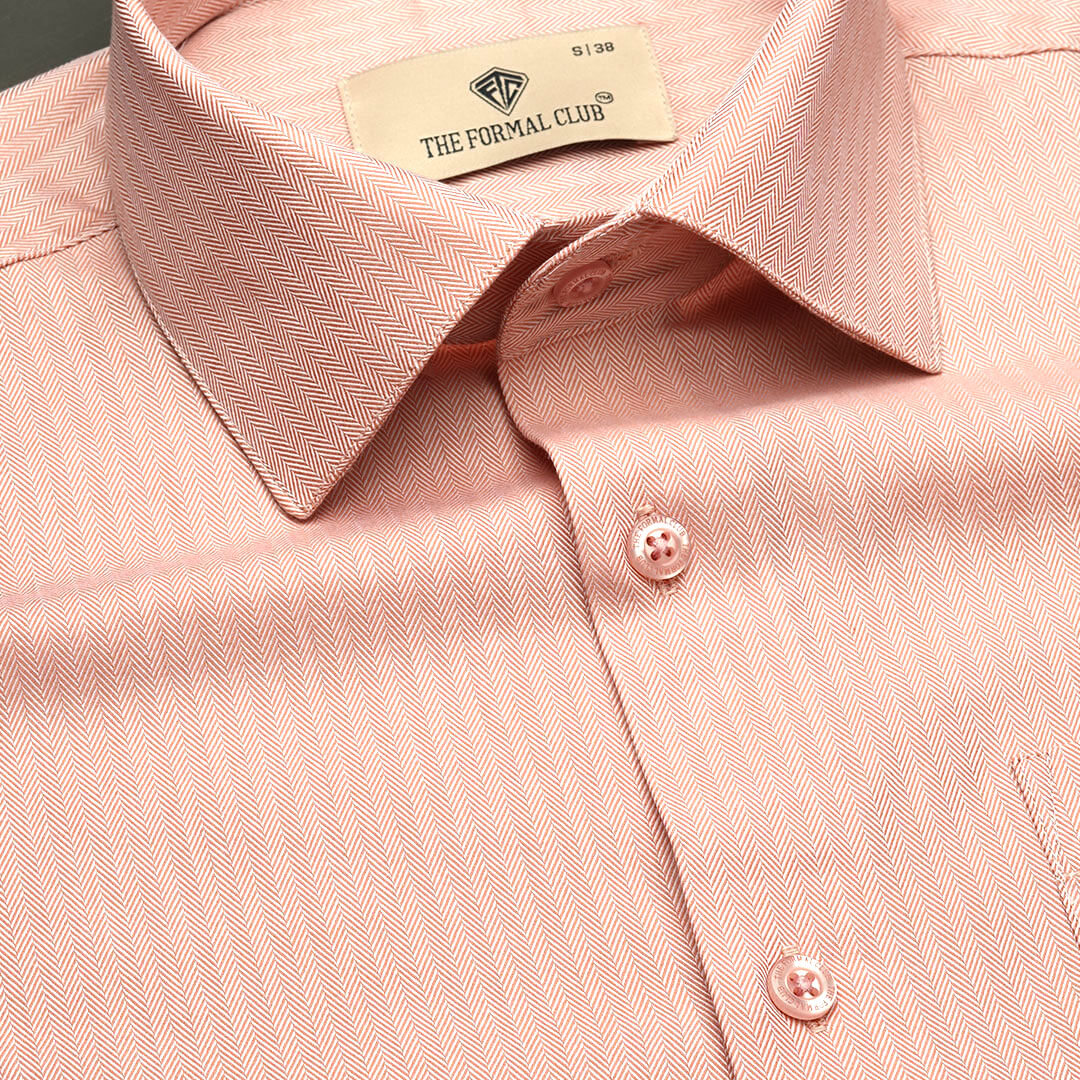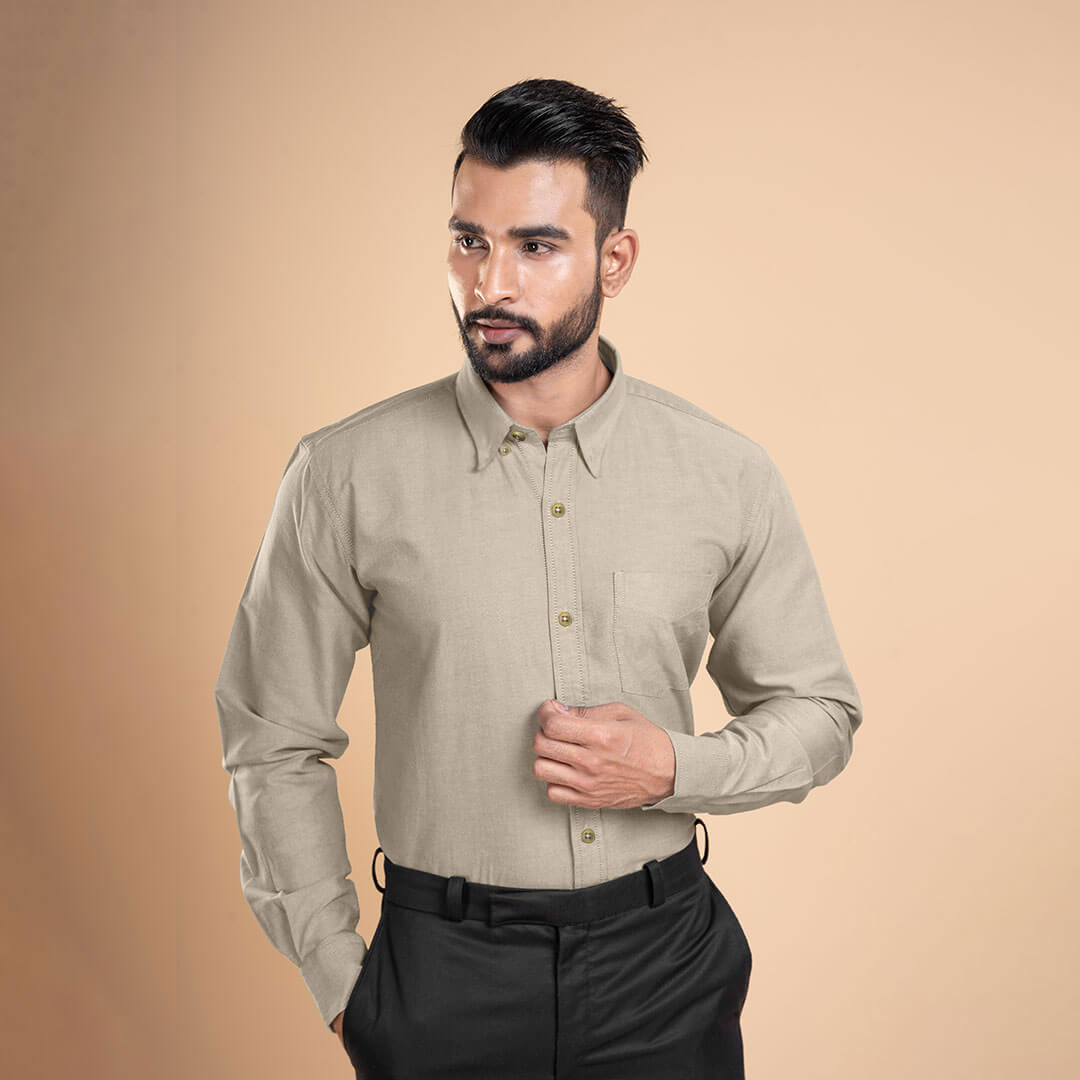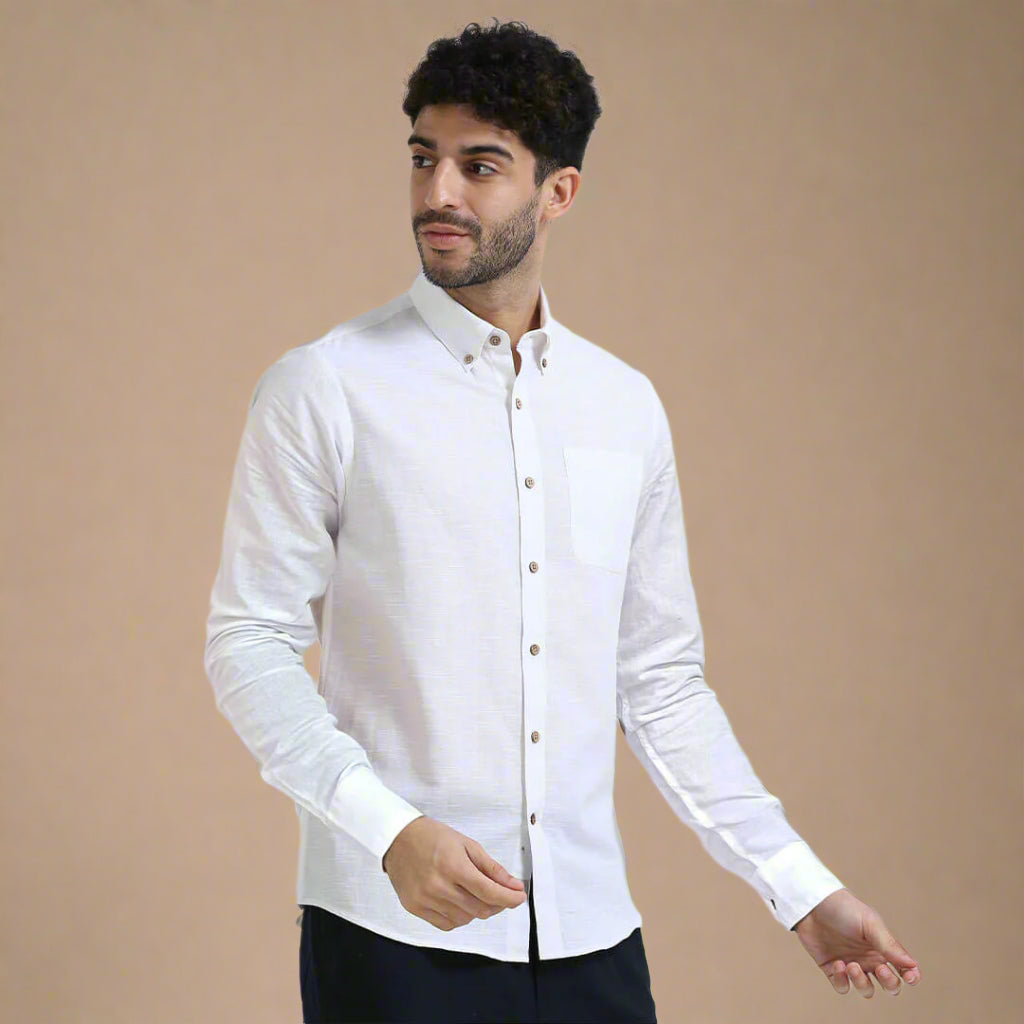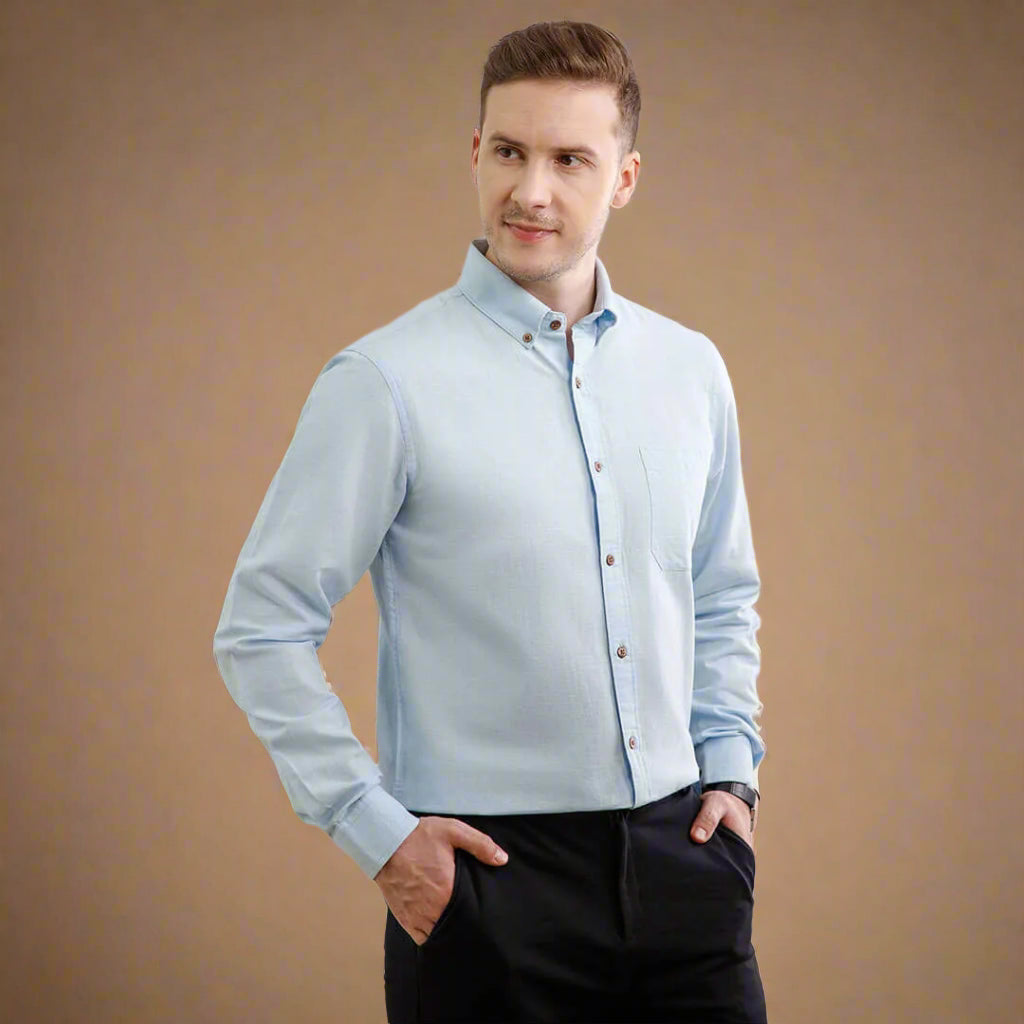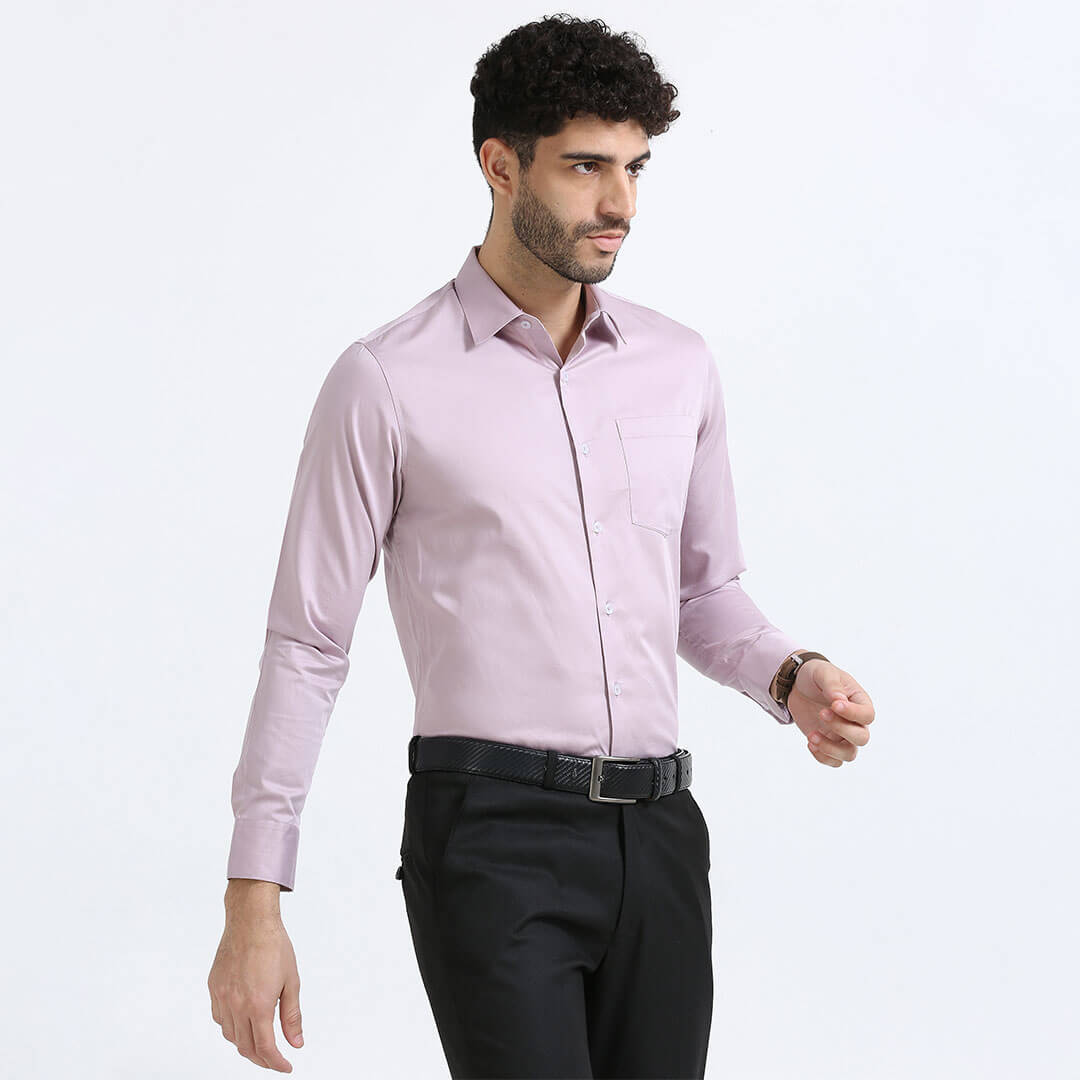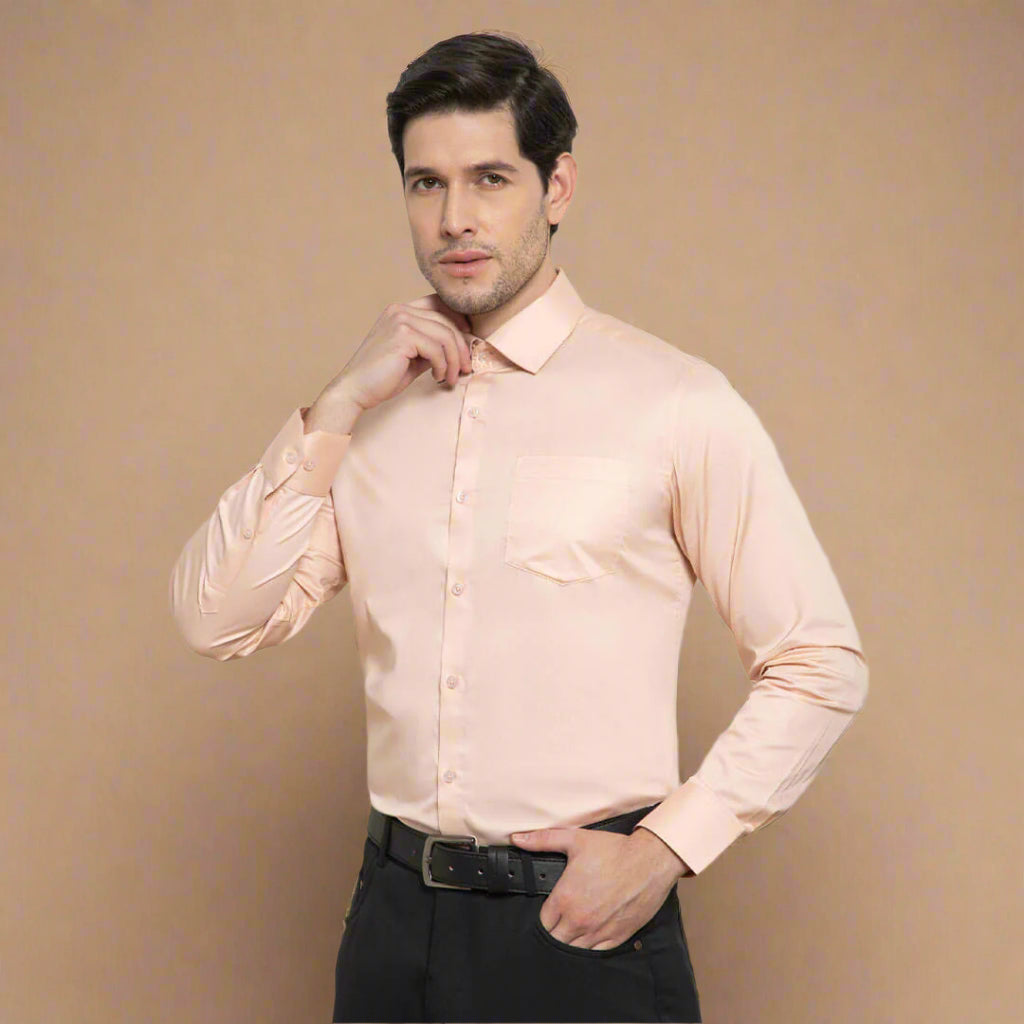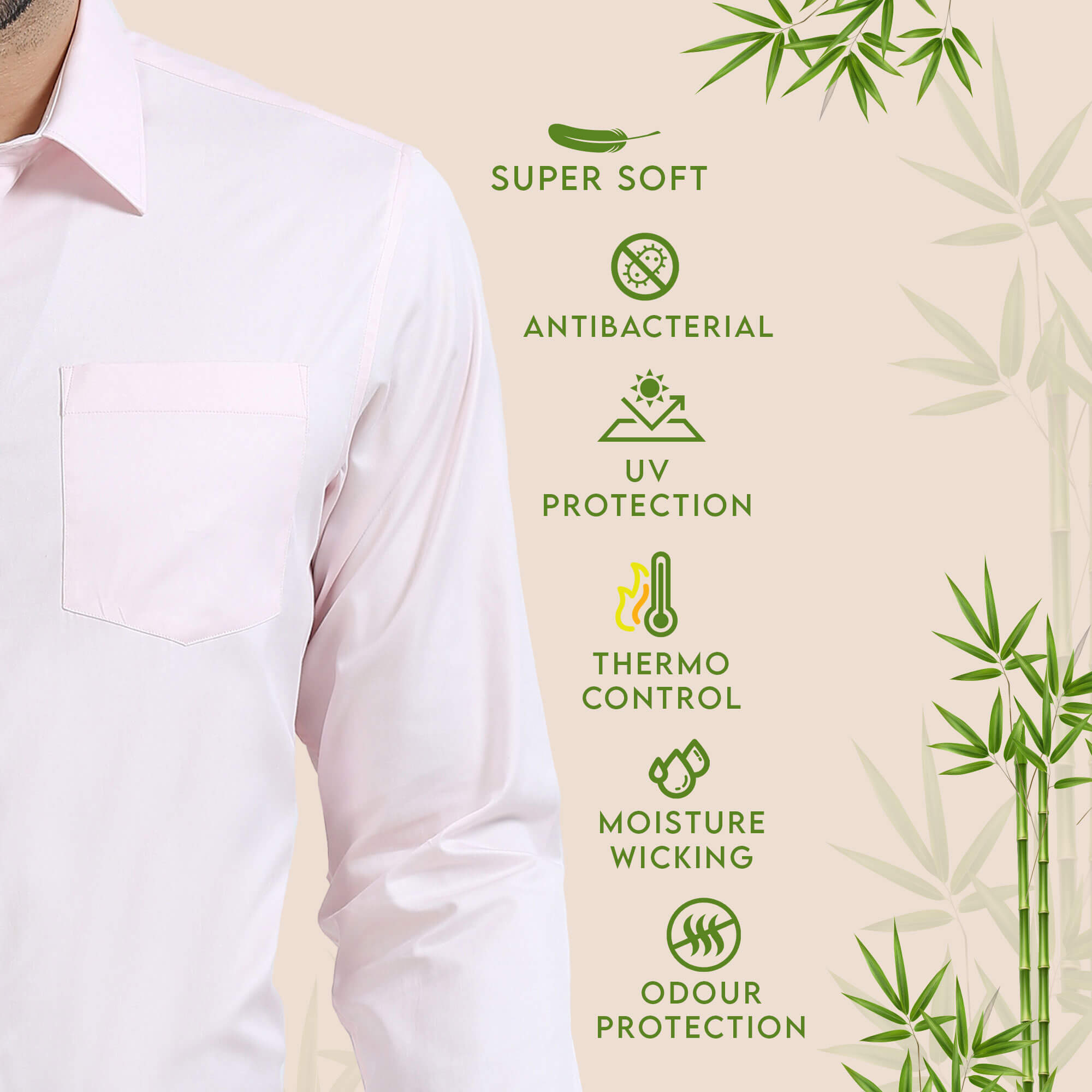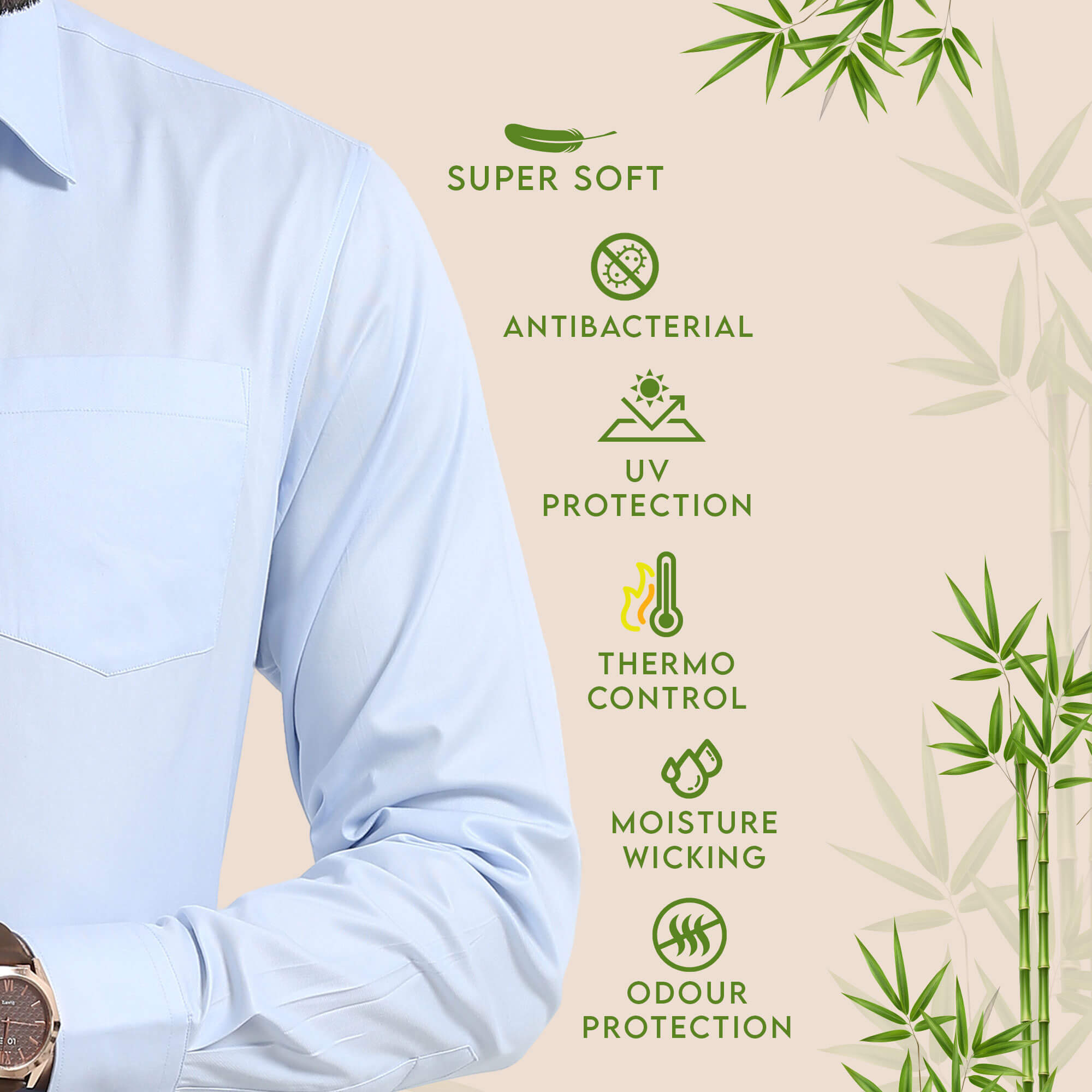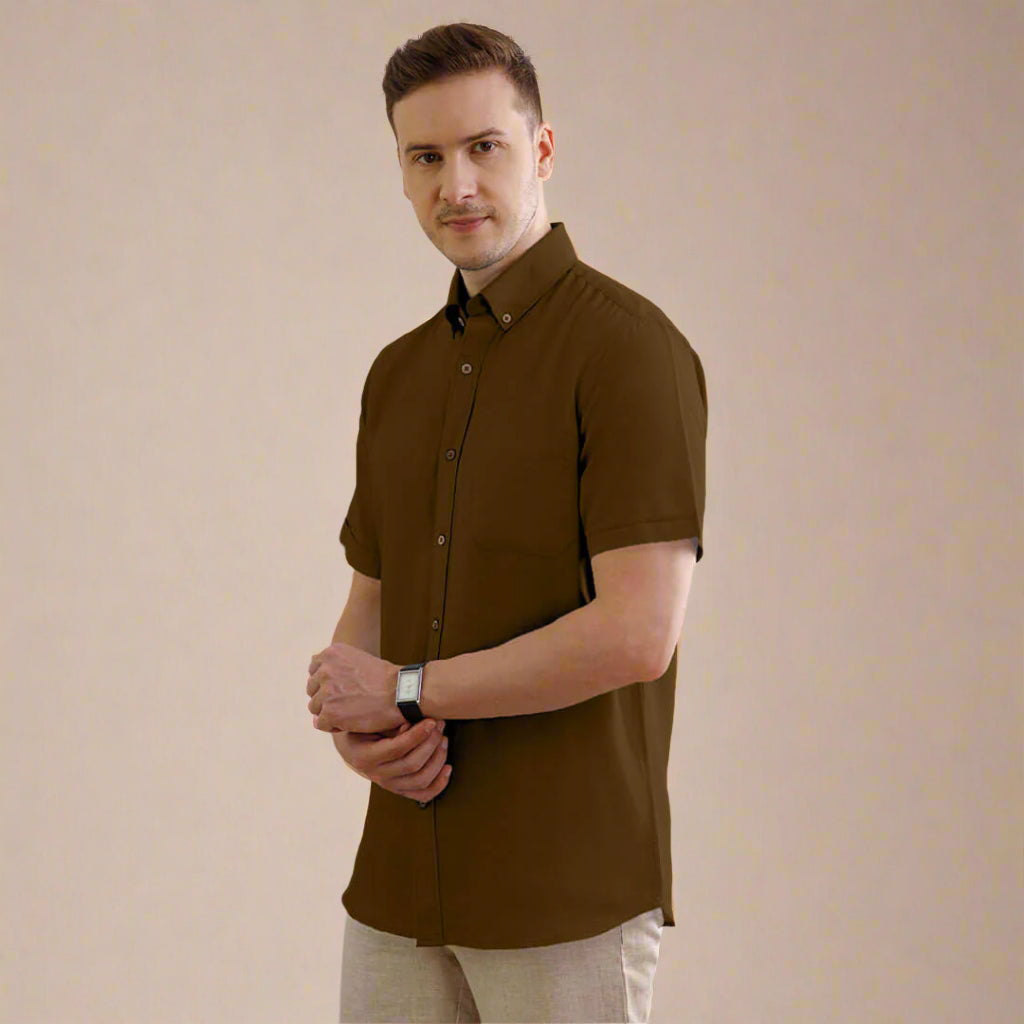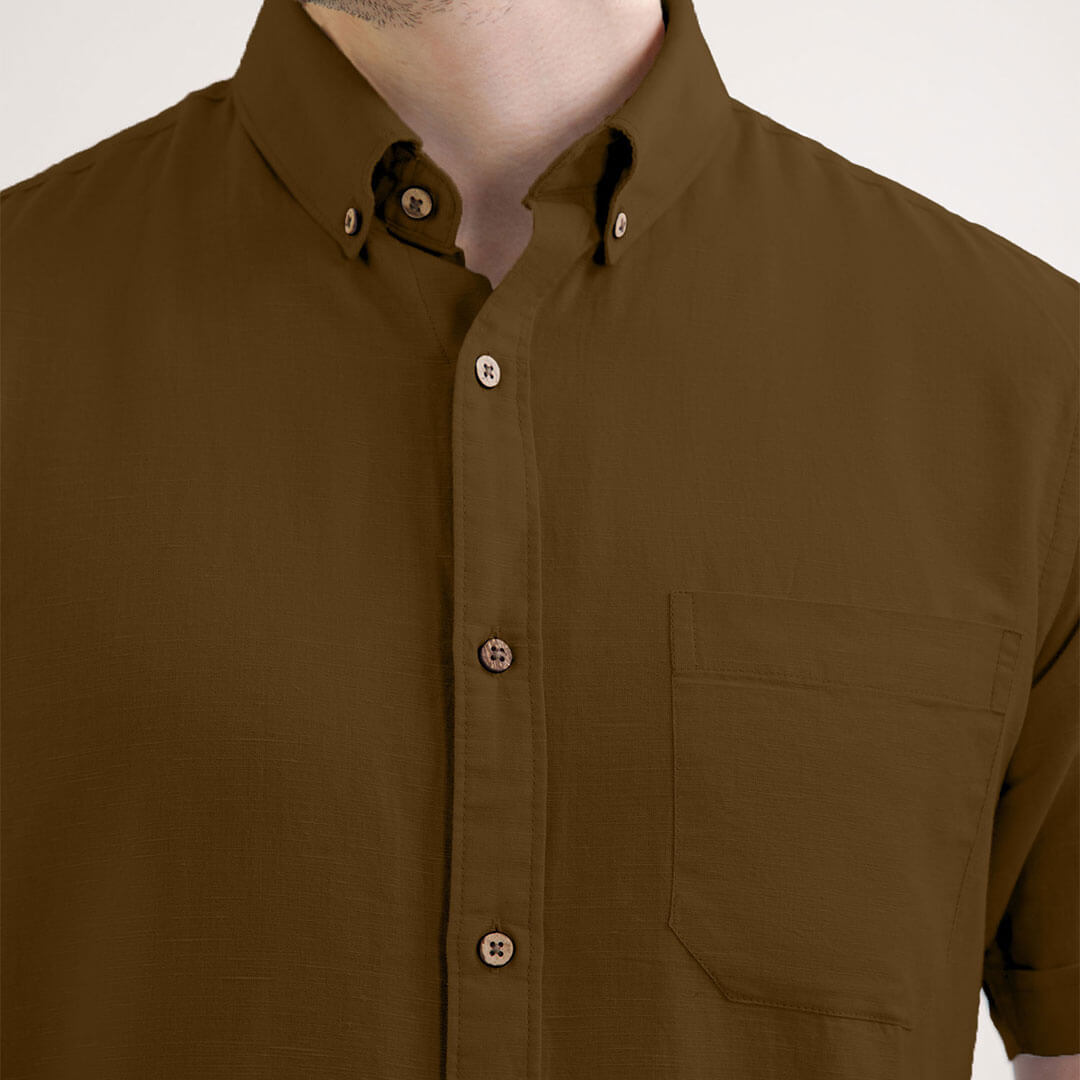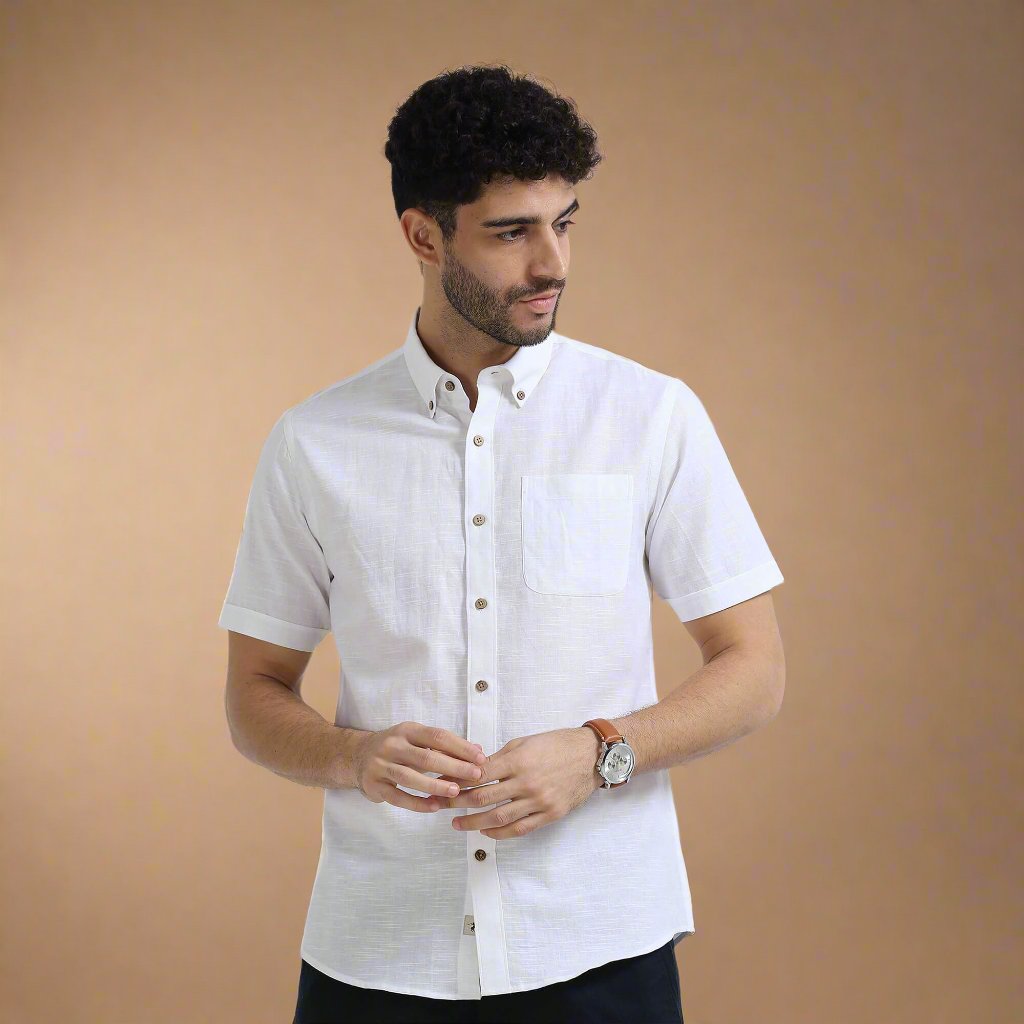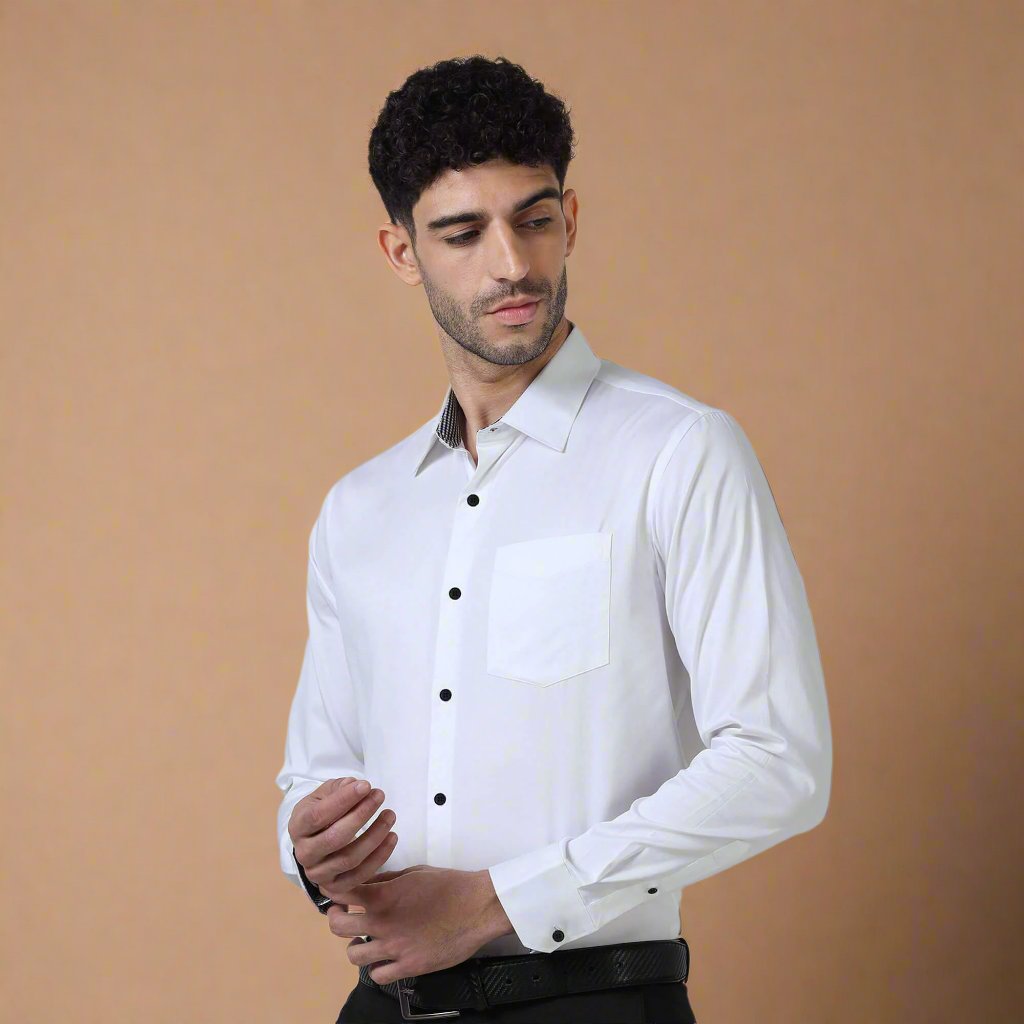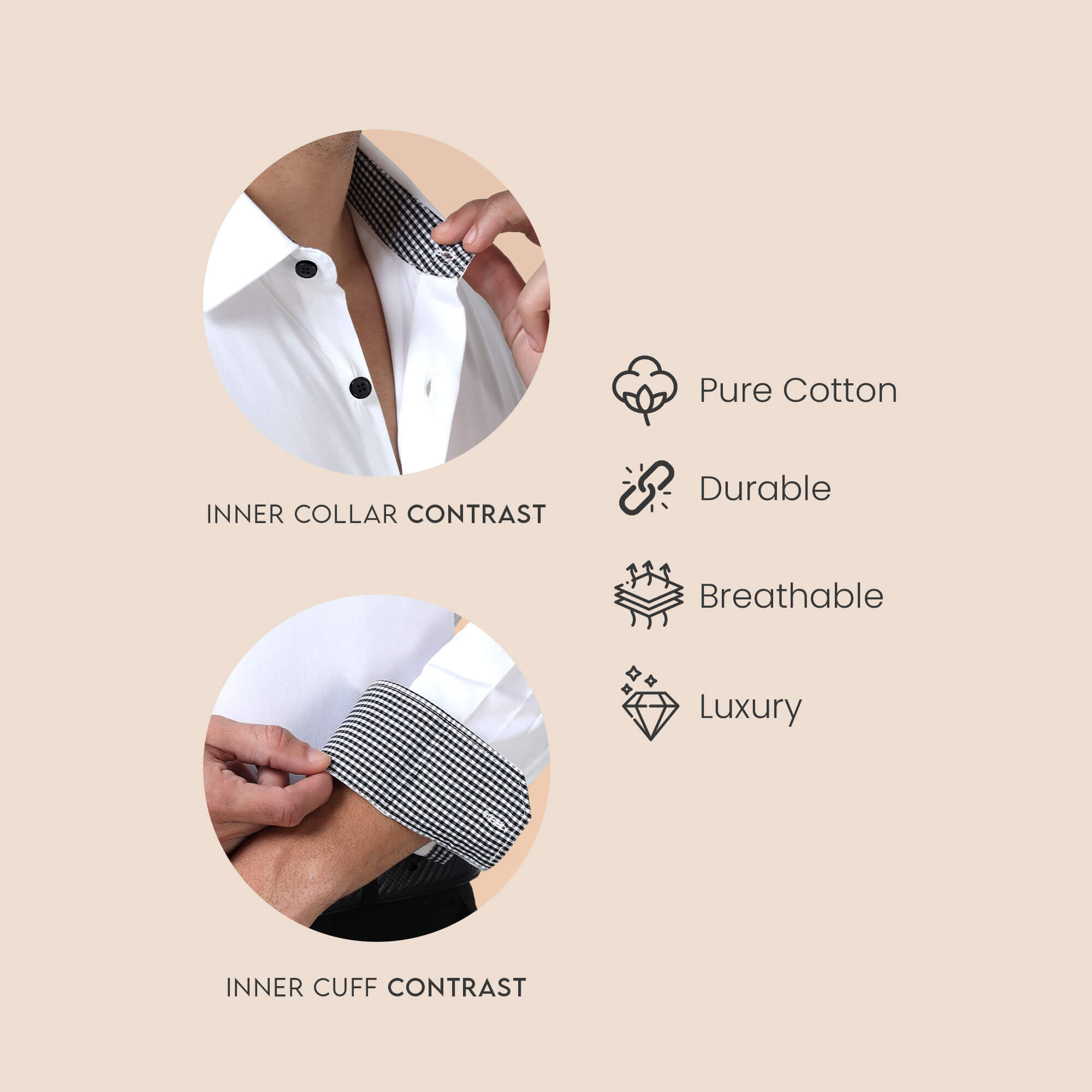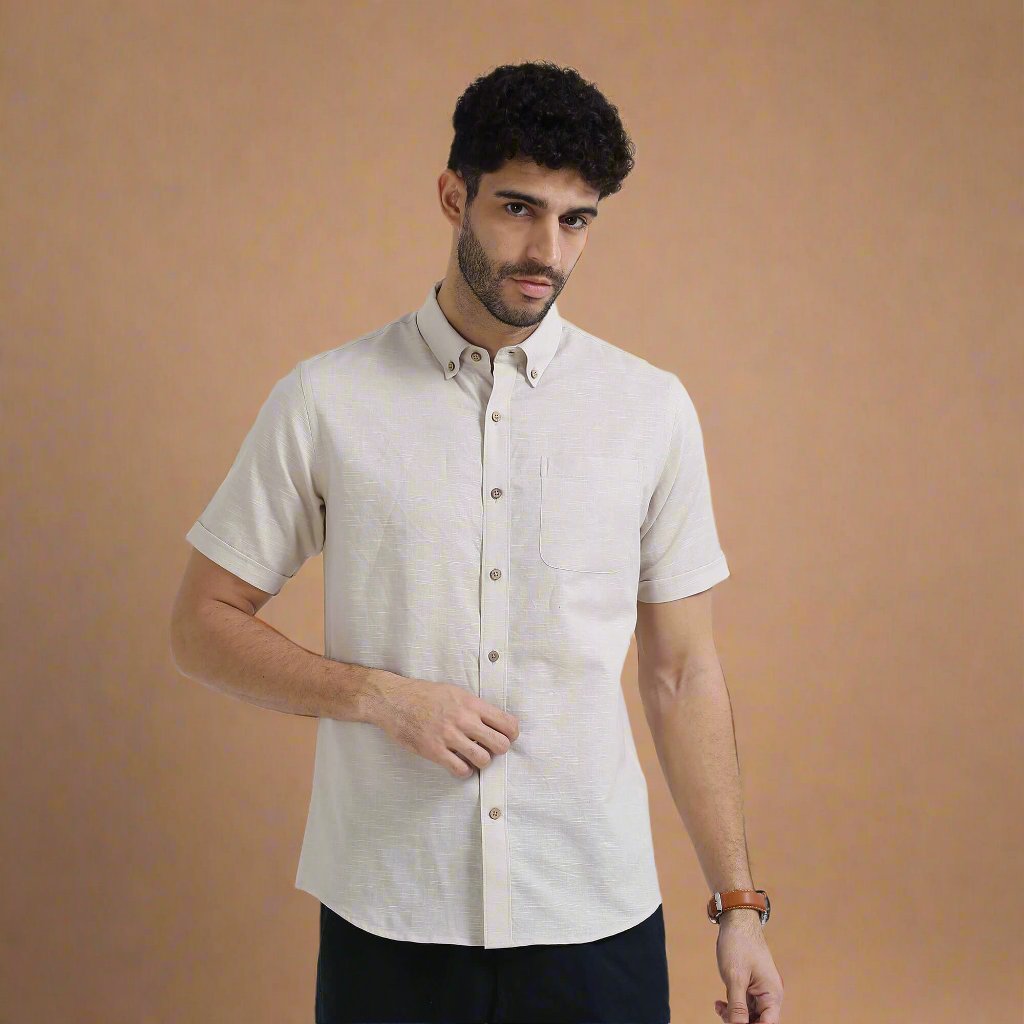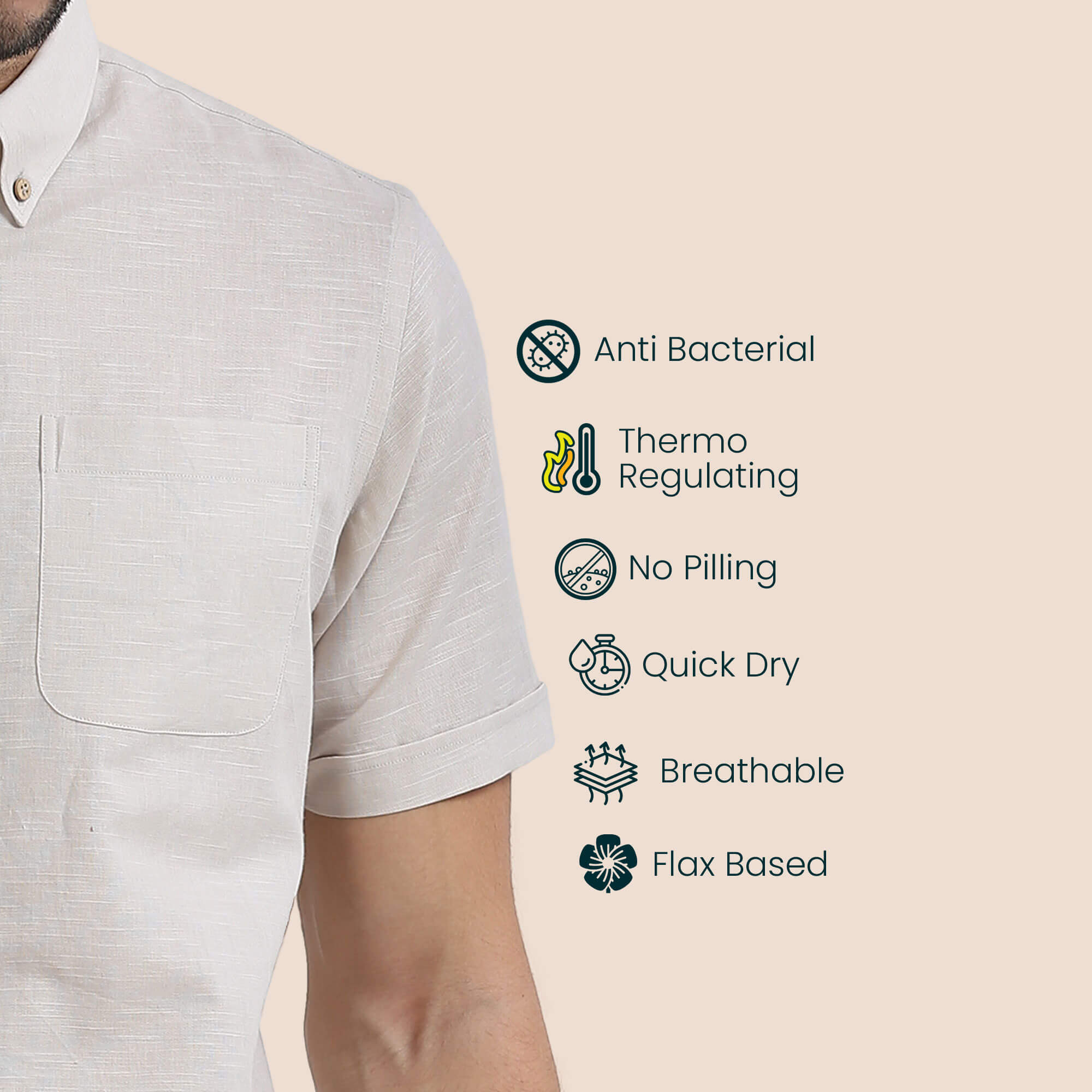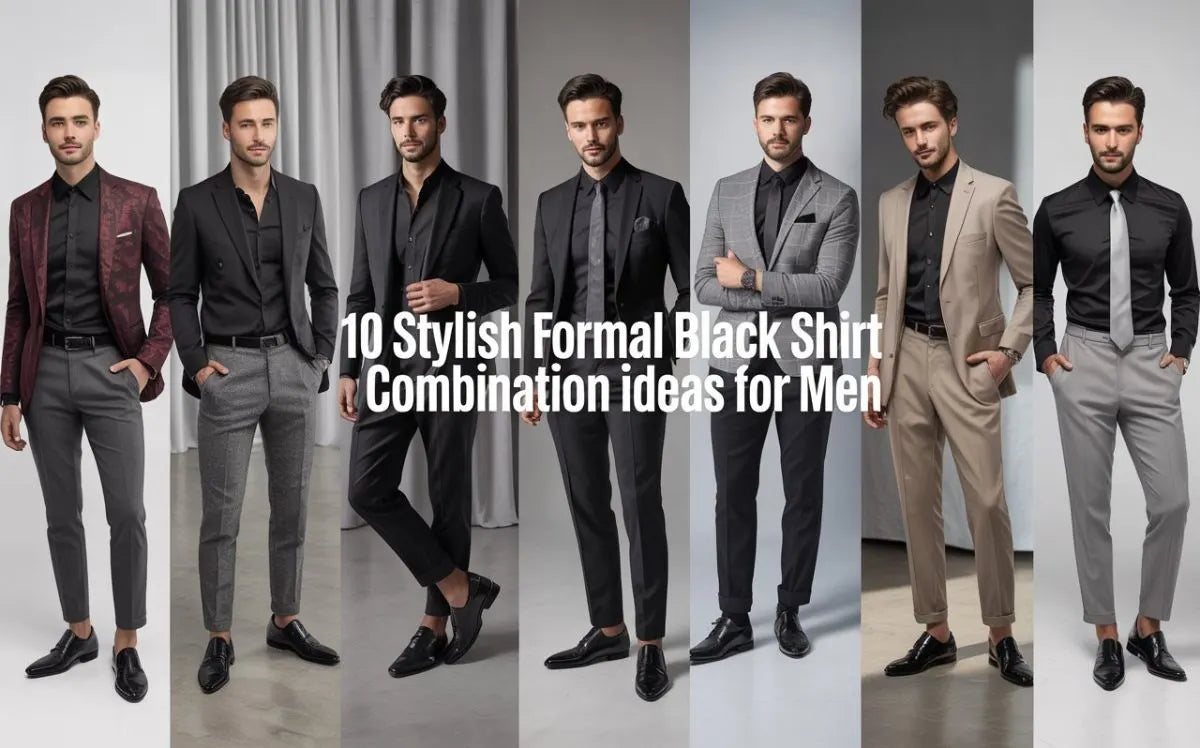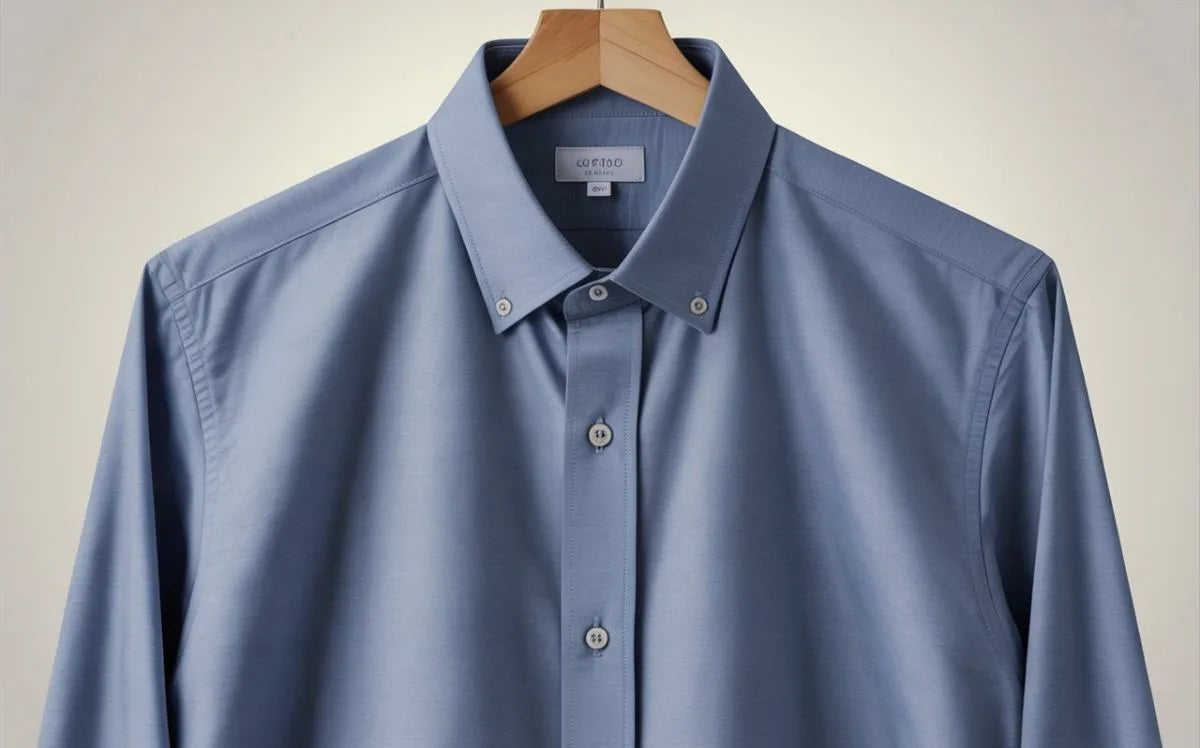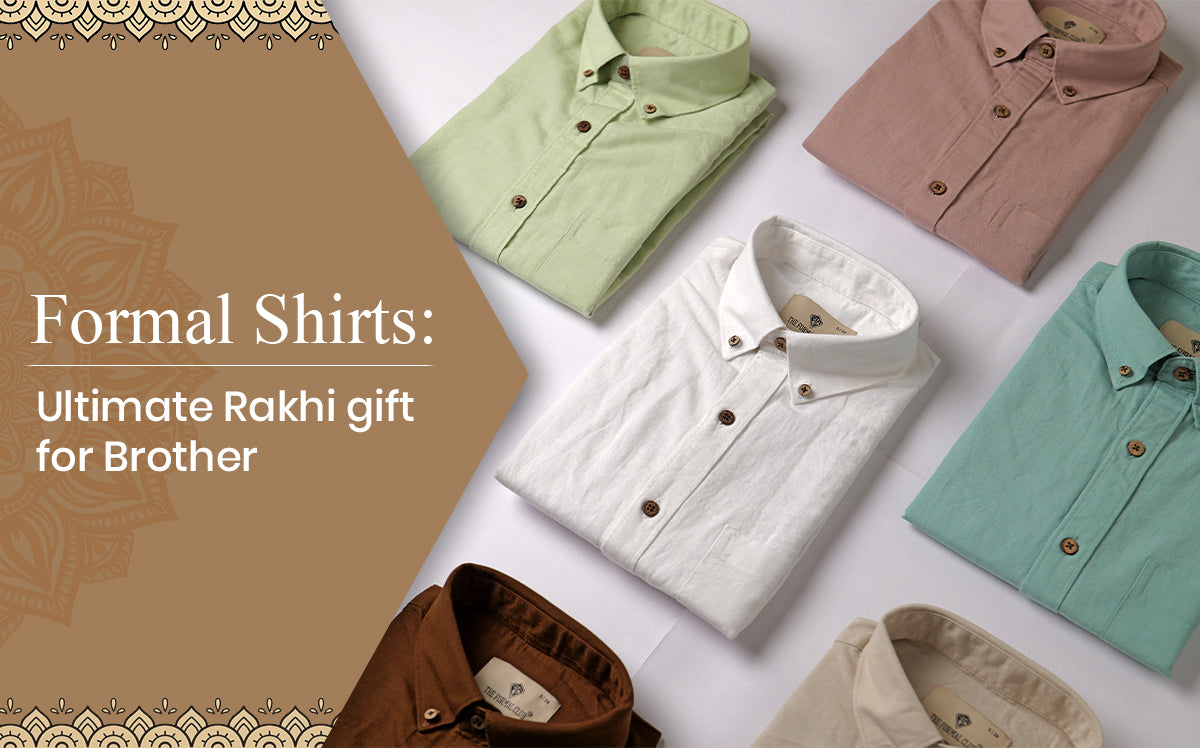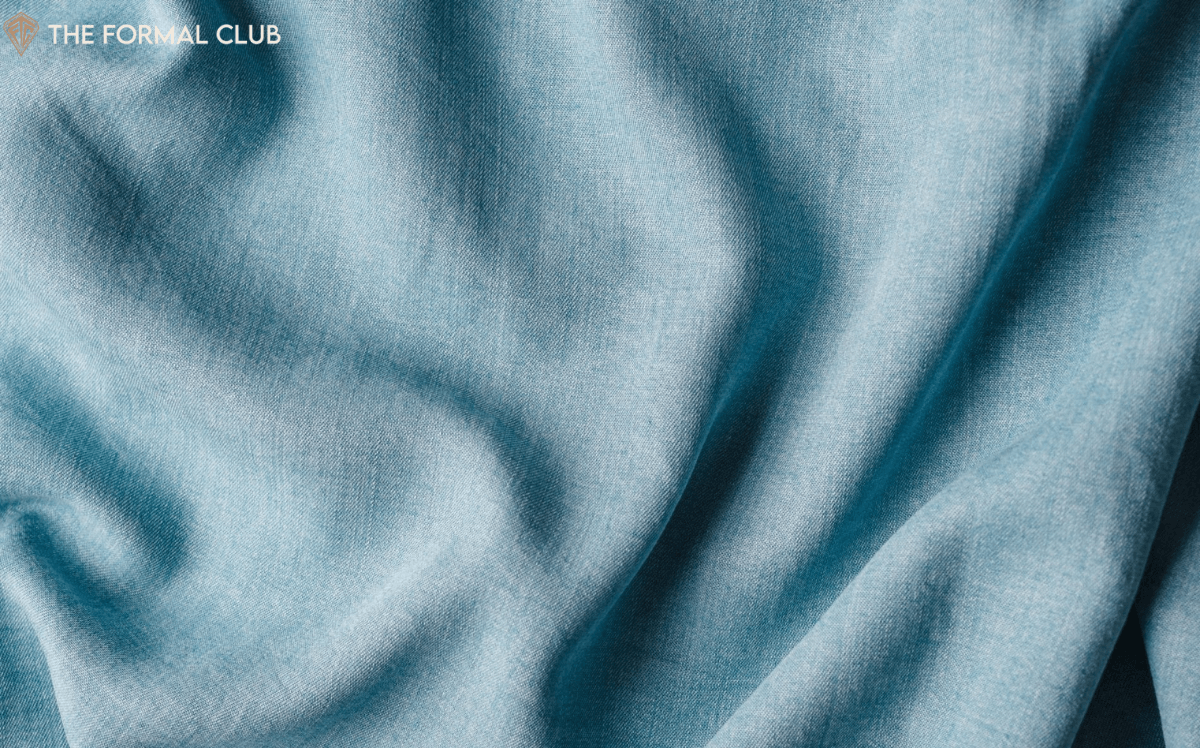Why Responsible Fashion Aligns with the Principles of the Yogic Lifestyle
Positive thinking constitutes one of the key principles of a yogic lifestyle because, of course, more often than not, it is positivity in thoughts that leads to positive outcomes. Now, this isn’t to say that we can or should try to control our thoughts or judge ourselves based on this tenet; rather, we should practice mindfulness wherever and whenever possible.
Another core philosophy a yogi abides by concerns the movement away from unnecessary materialism and towards ahinsa or non-violence and spirituality. Again, this isn’t a forceful, complete rejection of all things material, but again, a mindful approach towards what we consume and why we consume it.
All of this can be summed up in one sentence for this blog. Yogic lifestyle is all about hitting pause and reflecting on whether our decisions are in alignment with our best interests and our belief systems. This is also at the core of responsible fashion if you think of it. Want to explore how responsible fashion aligns with your yoga practice?
Ahinsa: How does responsible fashion align with the yogic creed of non-violence?
Responsible fashion prioritizes reducing harm to animals, the planet, and workers in the supply chain of the global textile and fashion industry - be it through supporting small businesses, promoting organic textiles such as organic linen, or favoring low-impact, biodegrade materials such as ethical and responsible bamboo fiber over fossil fuel-derived polyester wherever possible.
Choosing more plant-based clothing such as linen and cotton and accessories, especially evergreen ones that can be reused and restyled, saves the lives of countess animals - from the tiny silk worms to those whose ecosystems are continually disrupted by the production of more unsustainable fabrics.
Instead of mix and leather or even pleather which is simply plastic leather, you can thrift your leather and fur or get plant-based options like cactus leather or apple leather if they are available and a possibility for you.
Looking Inside: Responsible fashion is a call towards self-expression, away from mindless materialism
Responsible fashion also encapsulates restraining oneself from mindlessly jumping onto every single trend and instead finding value in creativity, safety, and self-expression through clothing.
While you can try to follow trends sustainably if they add value to your life, both yoga and responsible fashion would urge you to consider what internal gratification the material goods involved in the trend are awarding you.
Is it a feeling of belonging to a viral phenomenon or something else? Answering these questions would encourage sustainable self-reflection, which is one of the paths to self-actualization.
Respect for others: Responsible fashion and yoga both teach us to be respectful of others and the resources we consume
Slow and responsible or ethical fashion encourages you to maximize the life of your clothes, thus enabling you to respect Mother Earth whose resources make such clothing possible. This aligns with the yogic ideals of respect.
Furthermore, bracing slow fashion often means supporting fair trade companies. In doing so, you get to show respect for others’ work and stand up for the marginalized - again, ideas that a yogic lifestyle champions when it talks of respect and non-violence.
Last Word
So, what do you think? Do you feel the next step in your yogi journey is taking a good look at your closet to determine the role fashion plays in your life? If you find yourself guilty of overconsumption, you can also make the conscious choice of buying less clothing or opt for sustainable means of adding pieces to your wardrobe such as thrifting.
Or, consider buying from the green range of eco-conscious brands such as The Formal Club that have products stitched from linen and closed-loop TENCEL. And shall you make different choices, there’s only one thing you need to remember: Yoga champions mindfulness, not guilt at what adds value to your life.
It is a journey that we are all on. And the onus isn’t on the consumer alone. Companies too need to start offering mending and upcycling services, make durable clothing, promote classic pieces like formal shirts for men, formal linen shirts over on-trend fashion choices, or simply stand for a more compassionate and responsible style of living and much more.
Also Read: Formal Shirts - The Ultimate Rakhi Gift for Brothers

